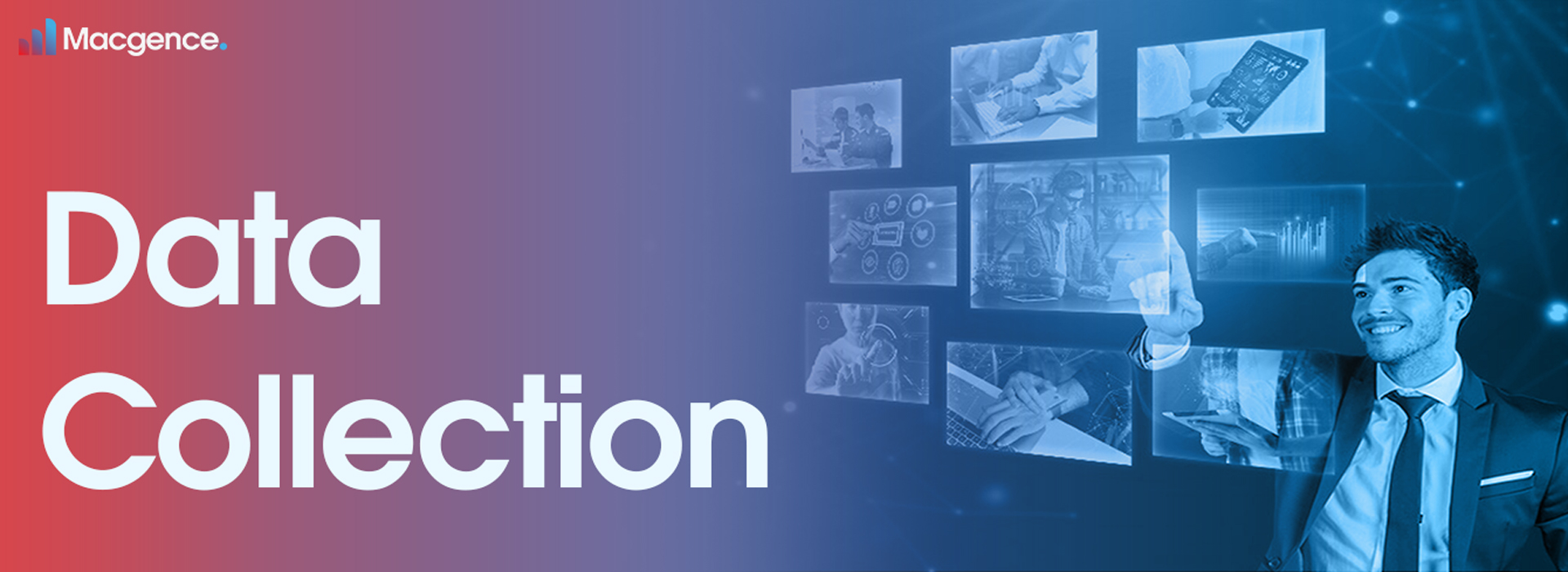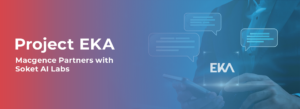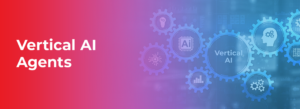The Ultimate Handbook to Mastering Data Collection
Welcome to ‘The Ultimate Handbook to Mastering Data Collection’. In this guide, we will help you navigate the world of data collection. From the basic definition of data collection to the most common tools used, we have covered it all. Let’s dive into the ever-changing world of data.
What is Data Collection?

The collection of data includes the systematic gathering of information from diverse sources. This process aims to gather relevant data in order to address research questions, assess patterns, make well-informed decisions, or gain a deeper understanding of specific subjects.
There are multiple ways to gather data, such as employing surveys, conducting experiments, holding interviews, making observations, and analysing existing datasets. Using these methods, researchers or organisations can collect quantitative and qualitative data of various kinds.
Quantitative data refers to numerical information which can be measured and analysed using statistical techniques. It offers valuable insights regarding quantities, trends, and patterns. For instance, surveys gather quantitative data using scales or closed-ended questions requiring respondents to rate or rank items.
In contrast, qualitative data captures information that is not expressed in numbers. It encompasses viewpoints, personal encounters, and actions. The collection of qualitative data necessitates a thorough investigation and comprehension of a specific subject or scenario. Common approaches for gathering such data include interviews and observations.
Why is Data Collection Important?

Data Collection plays a crucial role for several reasons. Firstly, it improves our decision-making abilities by providing us relevant information. This enables us to make well-informed choices and develop efficient strategies.
Secondly, it allows us to explore patterns and trends that develop with time. Through this analysis, we can reveal correlations, changes, and relationships that provide useful information to guide future actions and policies.
Moreover, it helps us evaluate the effectiveness of interventions or initiatives. By measuring outcomes and impacts, we can assess what works and what doesn’t, making necessary adjustments.
Lastly, collecting data is very important in identifying problems and areas that need improvement. By gathering data, we can discover hidden gaps, challenges, and concerns that might be missed otherwise. This organised process helps us understand the whole picture and determine specific areas that need attention and intervention.
Data Collection Methods

- Surveys
Surveys are commonly conducted using questionnaires or interviews. Either in person or over the phone. Additionally, online platforms and mail can also be used. Surveys aim to collect qualitative or quantitative information by asking specific questions. Through this approach, we can derive valuable insights into individuals’ perspectives and actions.
- Interviews
Interviews involve engaging in one-on-one or group conversations with individuals. Researchers use open-ended questions to gather in-depth qualitative data. This method is particularly useful for exploring complex topics and gaining insights into personal experiences. By allowing participants to express their thoughts and perspectives, interviews provide rich and nuanced data that enhances understanding and analysis.
- Observations
Observations involve watching and recording behaviour, events, or phenomena in a systematic manner. They can be done in natural or controlled settings and provide direct information about real-time activities. Observations are commonly used in fields such as anthropology, psychology, and market research. They allow researchers to study and analyse human behaviour, social interactions, and consumer preferences. This method offers a way to gather authentic data that is grounded in actual behaviours and can uncover insights that may not be captured through other methods.
- Social Media Monitoring
Social Media Monitoring involves gathering data from various social media platforms and analysing trends, sentiments, opinions, or user interactions. The collected data can include posts, comments, likes, shares, or hashtags. It provides real-time information about public opinion and online behaviours. This enables researchers to understand and respond to emerging trends or sentiments promptly. Social Media Monitoring is widely utilised for reputation management, market research, and comprehending the dynamics of online communities.
Data Collection Tools

Data collection tools are specific instruments, technologies, or software applications that assist in the process of gathering and managing data. Here are some examples of collection tools:
- Online Survey Platforms: Online survey platforms like SurveyMonkey, Google Forms, or Typeform are widely preferred for data collection. This is because they are user-friendly, easily accessible, and have the ability to collect large-scale responses.
- Audio and Video Recorders: Audio and video recording devices or software applications are undoubtedly essential tools for capturing interviews, focus groups, or observations. Moreover, they enable researchers to preserve and review the data, thus ensuring accuracy and allowing for detailed analysis.
- Mobile Data Collection Apps: Mobile apps designed for data collection offer convenience and flexibility. Additionally, researchers can use these apps to collect data in the field using phones or tablets, thereby seamlessly capturing text, images, and even location information.
- Data Management Systems: Data management systems, such as Excel, SPSS, or dedicated databases, are vital for organising, storing, and managing collected data securely. These tools facilitate efficient data entry, data cleaning, and data analysis, ensuring data integrity throughout the research process.
Conclusion
In conclusion, Data Collection is the systematic gathering of information from various sources to address research questions, make informed decisions, and gain deeper insights. It can be done through surveys, interviews, observations, and social media monitoring. Furthermore, it is crucial as it enhances decision-making, reveals patterns and trends, evaluates interventions, and identifies areas for improvement. Additionally, various tools, including online survey platforms and data management systems, aid in the collection, preservation, and analysis of data. By employing these methods and tools, researchers and organizations can obtain valuable quantitative and qualitative data for comprehensive analysis and informed decision-making.
Get Started with Macgence
At Macgence, we strive to fulfil your data needs with cutting-edge services. Whether you require field data for AI and ML projects or testing data, we have you covered. Our collection and generation processes, which are supervised by industry experts, ensure utmost accuracy. Therefore, choose Macgence for wide industrial coverage, security, and confidentiality. Benefit from our expertise across various industries and trust us to protect your data while providing customised datasets and seamless service.
Frequently Asked Questions (FAQ’S)
Who collects primary Data?
What can affect Data Collection?
What to consider when Collecting Data?
You Might Like
February 28, 2025
Project EKA – Driving the Future of AI in India
Spread the loveArtificial Intelligence (AI) has long been heralded as the driving force behind global technological revolutions. But what happens when AI isn’t tailored to the needs of its diverse users? Project EKA is answering that question in India. This groundbreaking initiative aims to redefine the AI landscape, bridging the gap between India’s cultural, linguistic, […]
March 7, 2025
What is Data Annotation? And How Can It Help Build Better AI?
Spread the loveIntroduction In the world of digitalised artificial intelligence (AI) and machine learning (ML), data is the core base of innovation. However, raw data alone is not sufficient to train accurate AI models. That’s why data annotation comes forward to resolve this. It is a fundamental process that helps machines to understand and interpret […]
March 6, 2025
Vertical AI Agents: Redefining Business Efficiency and Innovation
Spread the loveThe pace of industry activity is being altered by the evolution of AI technology. Its most recent advancement represents yet another level in Vertical AI systems. This is a cross discipline form of AI strategy that aims to improve automation in decision making and task optimization by heuristically solving all encompassing problems within […]
March 5, 2025
Use of Insurance Data Annotation Services for AI/ML Models
Spread the loveThe integration of artificial intelligence (AI) and machine learning (ML) is rapidly transforming the insurance industry. In order to build reliable AI/ML models, however, thorough data annotation is necessary. Insurance data annotation is a key step in enabling automated systems to read complex insurance documents, identify fraud, and optimize claim processing. If you […]


 Previous Blog
Previous Blog







